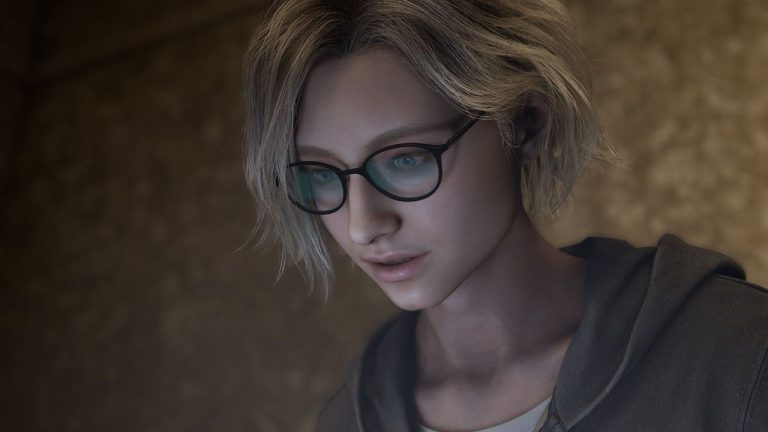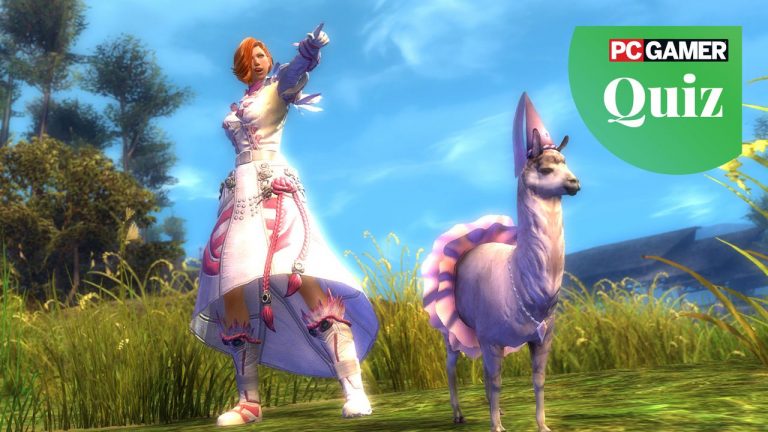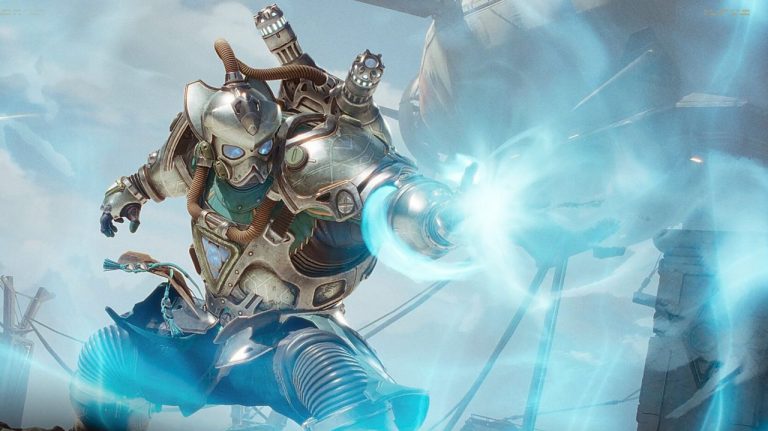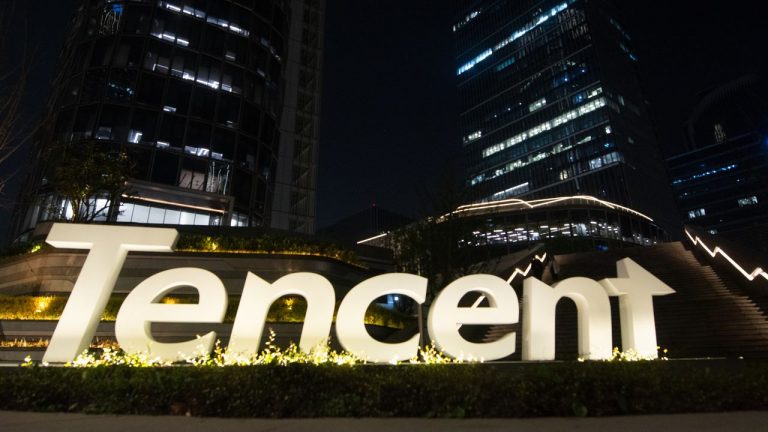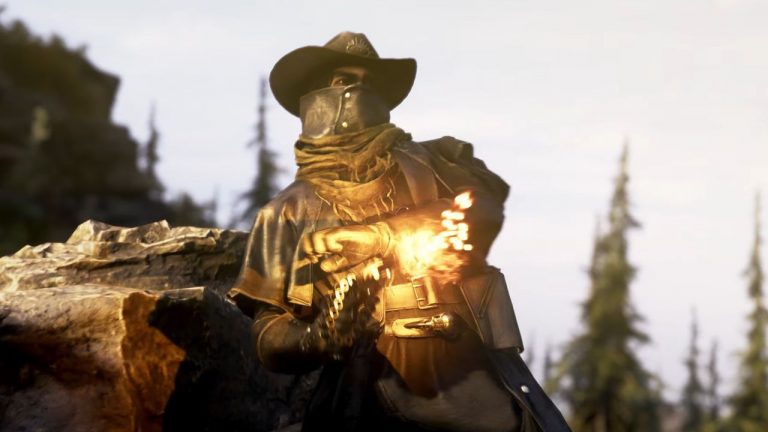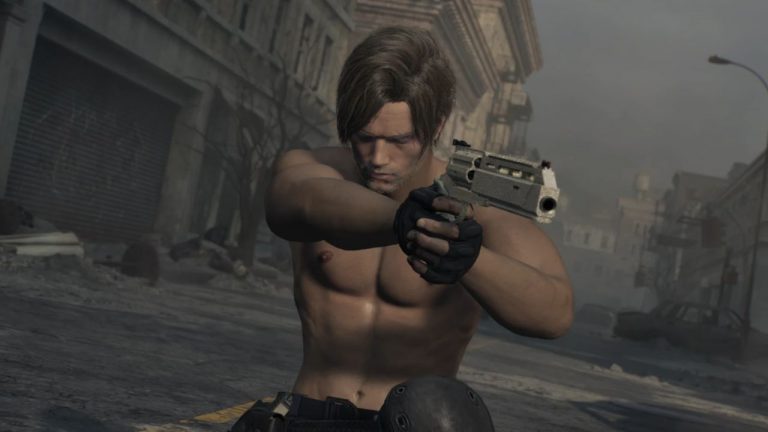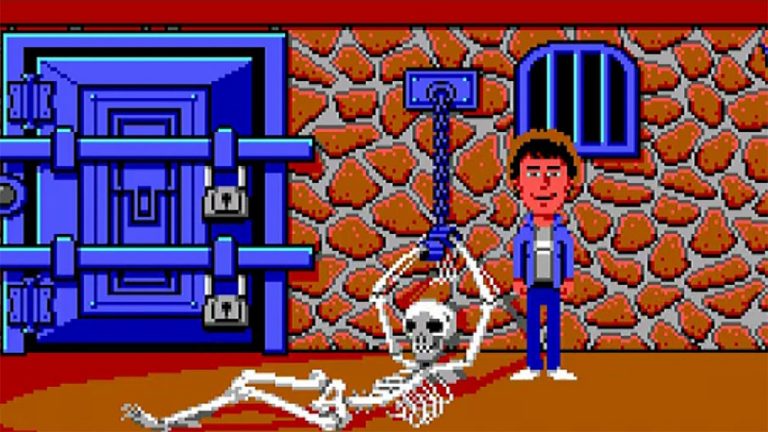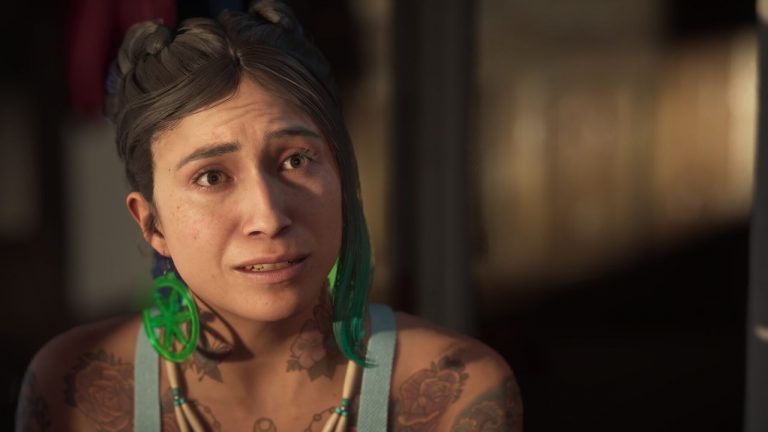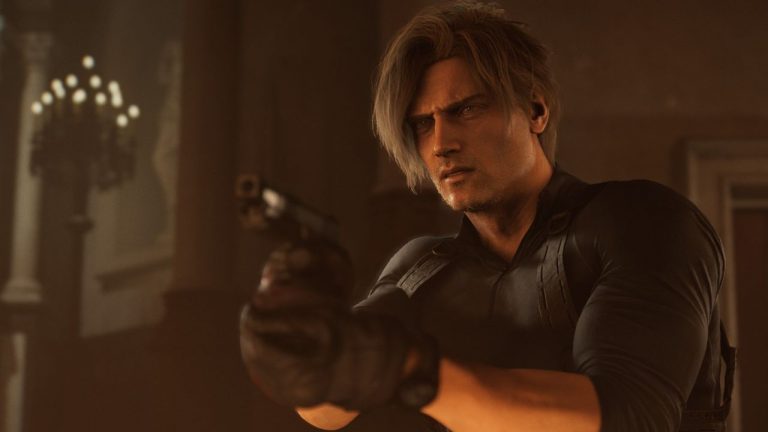City of Heroes is celebrating its 20th anniversary this weekend. The fact that it’s a party, rather than a wake, is astounding to me. Despite being shut down in 2012, City of Heroes can be played easily today on various private servers—most notably, the now-officially-sanctioned Homecoming.
To put a milestone on this long and fascinating road, I reached out to both former City of Heroes developers and the current Homecoming team to ask about their experiences—both working on the live game, and the miracle act of necromancy its community worked to bring it back from the dead. But first, a history lesson is in order.
A city of paragons, an isle of rogues
(Image credit: NCSoft / Homecoming)
Released April 28, 2004, City of Heroes quickly rose to prominence as one of the big boy MMOs. It played second-fiddle to World of Warcraft in terms of raw subscription numbers, sure, but so did every MMORPG back then.
Despite this, it had a dedicated fanbase and a healthy population, offering players a unique experience: you could become your very own superhero (or a legally-distinct Batman knockoff, whatever floats your boat). More than that, it was just a solid damn game. While it featured classic MMO classes—tanks, DPS, healers, and supports—it allowed you to mix and match from two “powersets”, which made for an absurd build variety in combination with its enhancements system.
The worldbuilding was also exceptional. It was goofy at a conceptual level—sci-fi drugs that’d turn people into green trolls, battles against Redcap goblins and ghosts, and, of course, an entire dimension filled with werewolves. However, City of Heroes often played these things straight. Left-field comic book nonsense was married with horrific Lovecraftian threats and terrors from beyond.
City of Heroes would receive a steady stream of content updates—called “Issues”—which would add new story content and player options. In 2010, the game’s second (and last) expansion Going Rogue released, letting players swap sides between heroism and villainy, as well as an entirely new doomed reality in the vein of DC’s Justice Lords (except there was also a giant amoeba ruining everything). The game would manage a respectable seven years as a subscription MMO before going free-to-play in 2011.
Then, just one year later—disaster.
Issue 24 was announced, called “Resurgence”, or “Fix Everything”, but the tragically-named patch would never make it to the live servers. NCSoft, which bought the company back in 2007, shut down developer Paragon Studios, citing a “realignment of company focus and publishing support”. City of Heroes was sent to an early grave in late 2012.
“It was like the world went quiet, my skin began to buzz, and my ears grew hot”
(Image credit: NCSoft / Homecoming)
I’ve spoken to a few developers who helped develop City of Heroes back in the day—Melissa “War Witch” Bianco, who became lead game designer in 2010, Tim “Black Scorpion” Sweeney, who joined the team in 2009 as a powers designer, and Christopher “Back Alley Brawler” Bruce, a Senior Animator and VFX artist who joined in 2006 after “over a thousand hours of play time”.
Both Bianco and Sweeney describe a mad scramble to keep the game afloat in its final moments: “As devs we were certainly aware of the limitations of the product, and how limited it could look compared to the rest of the marketplace,” Sweeney tells me. “But I think it was rare and a surprise to think that would turn into closing the whole thing down.”
Bianco shares a similar air of desperation: “Leadership had been fighting so hard trying other ways to keep CoH afloat. We were still in ‘we-can-make-it-work’ mode, we were putting in personal time, so when the call came for everyone to gather in the kitchen, and the announcement came, it was simply devastating.
“Everyone got a chance to talk about how much CoH and Paragon meant to them. For me, it was like the world went quiet, my skin began to buzz, and my ears grew hot. I had some warning it was coming because I had to agree to stick around to shut down the studio, but it doesn’t prepare you for the reality of the announcement. The finality. The majority of the team was let go shortly after that.”
(Image credit: NCSoft / Homecoming)
Despite the turmoil of that meeting in the studio kitchen, Bianco tells me that the hardest thing for her was the process of sunsetting the game: “It was far far more emotionally challenging to see the studio slowly disappear piece-by-piece over the next few weeks, until it was just an empty building.
“That was probably the hardest thing to watch. I was grateful for the two extra months of work, of course, but I sometimes wonder if it would have been easier for me if I’d been part of the initial group that got to leave with the studio intact. Remember it the way it was, with all the people and swag and knick knacks and, just, life.”
I wish I could get them to really understand that, to me, it validated all the years I put into that project.
Melissa “War Witch” Bianco
On the community side, there was an immediate and passionate outpouring of support. #SaveCoH formed the rallying cry for thousands of players who were desperate to keep their favourite game afloat. As documented by this RockPaperShotgun article from 2012, the movement signed petitions, performed a 5,000 person protest in the game’s Atlas Park, and even bought dinner for the development team via a fundraiser.
“To see the love and passion coming from the players to fight to keep City of Heroes going,” Bianco tells me, “it gives me goosebumps. I said earlier that CoH has one of the best communities I’ve ever seen, and it’s easy to say, ‘Oh well, she has to say that!’ but I truly believe it. I look at how the internet has changed over the last decade or so and I think back to our passionate community and I am humbled and awed by them.”
“I wish I could get them to really understand that, to me, it validated all the years I put into that project and it—to this day—reminds me of what a unique community we still have.”
Meanwhile, Sweeney tells me “I think I left the #SaveCOH hashtag on my Twitter icon since the beginning. I hoped that everything would stay positive, which at least from my point of view seemed to bear out.”
Bruce, who spent a lot of his time at Paragon playing as both official City of Heroes characters (such as “Manticore”, who was a blend of Batman and Green Arrow) during certain events, calls it “one of those lighting-in-a-bottle games … Other superhero MMOs have been made since then. Most of them have expanded or improved on what CoH did back in the day: more refined systems, more updated graphics, etc. But I don’t believe any of them have quite captured the same degree of wild success that CoH did.”
Despite knowing that everything ended well in hindsight, back in 2012, the revival of City of Heroes felt like a distant hope. The last moments of the game were recorded by misty-eyed players, and then it was gone forever.
Which begs the question—why can you play it now?
Settling the SCORE
(Image credit: NCSoft / Homecoming)
Months drifted into years, and the torches held for a revival sputtered out and died. In 2015 the Titan Network—part of the #SaveCOH movement—released Paragon Chat, but it was a bittersweet thing. Players could create characters and futz around in Atlas Park, talking with each other, but none of the games’ actual mechanics were there. It felt more like a wake for an old friend than anything else.
Four more years would pass. Then, in 2019, the news broke that a secret group of code wizards had been playing City of Heroes in deep cover. Not only that, they had been doing it for six years. Named SCORE (Secret Cabal of Reverse Engineers), the server had been operating in private since the game’s shut-down.
As SCORE’s Leandro Pardini would comment, the decision to keep the server private was, Pardini insists, made in the interest of releasing the source code onto the internet in a complete state.
However, he did admit that: “the deadline of ‘when it’s done’ was probably pushed way farther than it needed to be, in retrospect … The last discussion on an open event leading to a public release was for the game’s 15th Anniversary, which is coming in just a couple of weeks. Nobody who wasn’t part of SCORE will believe that, but sometimes timing is just that bad.”
(Image credit: NCSoft / Homecoming)
Auspicious timing of leaks or no, the cat had donned a cape and flown out of the bag. Still, that initial fury—one nurtured by years of frustration and heartache—died down when it became clear that, well, City of Heroes was back in a big way.
I spoke to the current team at Homecoming about SCORE, and they recall those initial first months of rage: “Most of us, including the entire original Homecoming admin team, never knew of SCORE’s existence. We were just as surprised as anyone.
“Many in the community were angry. That’s a very fair and entirely valid response (although, the way that anger was directed by some people certainly wasn’t okay). The game you knew, loved, and lost was in fact still around—just not for you. Of course that’s going to make people upset. To think otherwise would be naive.”
This timeline where SCORE’s existence was leaked, and a separate team then found each other and negotiated for the licence may be [like] that one timeline Doctor Strange saw where the good guys won.
Homecoming
Despite that frustration, many of those now on the Homecoming team refused to look a gift horse in the mouth: “This was an opportunity to bring the game back for good. An opportunity that wouldn’t have existed without all the behind-the-scenes work that went on during the years of the secret server. Simply put, Homecoming wouldn’t have been able to spin up so quickly and successfully without their help.”
Fittingly, the team draws a parallel between City of Heroes’ revival and a scene from Avengers: Endgame: “This timeline where SCORE’s existence was leaked, and a separate team then found each other and negotiated for the licence may be [like] that one timeline Doctor Strange saw where the good guys won. It probably wouldn’t have worked any other way.”
Regardless of anyone’s feelings on their approach, Homecoming’s current status serves as a kind of vindication for SCORE’s secrecy. Oh right, about that.
Seal of approval
(Image credit: NCSoft)
If you want to read more about the process of Homecoming’s status as an officially-licensed server, my fellow PC Gamer writer Jeremy Peel has already conducted some excellent interviews with both the Homecoming team and NCSoft itself. For now, I’ll attempt to summarise this most groundbreaking event in MMO history.
In January of this year, half a decade after private servers emerged, Homecoming announced that it had been granted “a licence to operate a City of Heroes™ server and further develop the game—subject to conditions and limitations under the contract” by NCSoft. While this has happened sparingly before with other games, it was still a massive milestone.
When you play on a private server, you do so with the understanding that the IP holder, at any point, can wade in and shut things down. It happened to Nostralius back in the pre-WoW Classic days, and it could certainly have happened to Homecoming.
The team, however, refused to live with the sword of Damocles hanging above its head, so it decided to—slowly, surely—negotiate with NCSoft, running like a legitimate operation as much as it could. “Only once we believed they would be capable stewards of the City of Heroes IP did we begin exploring a licence agreement,” NCSoft told Peel earlier this month.
(Image credit: NCSoft / Homecoming)
And it freaking worked. After a decade of applying desperate CPR to City of Heroes, the game took its first real breath in nearly 10 years—a singularly special experience for the developers who’d watched it wilt on the vine almost a decade before.
“I am so heartened to see that NCsoft agreement,” Bianco tells me. “It provides such an avenue for picking up the IP and running with it. I mean, what does it say about our game and our community that people would volunteer their personal time, skills, talents, and energy to keep it going? How amazing is that?”
For so many of us, finding out the game was shutting down hurt in ways we couldn’t have expected.
Homecoming
Bruce was aware of the project, but had been waiting for the official sign-off to express his joy: “I had heard of the Homecoming project before but felt it wouldn’t be appropriate to show any public sign of support. Once I saw that the project had been made legit, I immediately created an account on their forums. I’m ecstatic that long-time fans of CoH finally have an official, sanctioned place to continue playing the game they all love.”
Sweeney meanwhile, rightfully points out how the game’s revival on the modern internet is unique in its own way: “there are elements of the game that are unlikely to ever be repeated because of changing tastes and expectations among game players. In addition to the memories of those who played when it was live, I think it’s great that anyone can experience what it was and share it. I’ve seen people streaming it on Twitch. That’s wild, considering that a lot of the game predated the streaming or even the Internet video ‘Let’s Play’ waves.”
(Image credit: NCSoft / Homecoming)
He adds that “games are very complicated and rely on so much living software knowledge that there’s huge costs with letting them fade into memory. I mean, I spent a goodly chunk of my time on the game rediscovering features that had faded from view—and we were still working on the thing continuously!
“Some of the decisions I see made out there in terms of cease and desists (not going to call anyone in particular out) are absolutely repellent to me, especially in light of so many positive outcomes. Have there ever been any actual cases where a game company opened up an old project and there was a negative outcome? I can’t think of any.”
Bianco simply remains moved by the whole affair: “It just makes me feel so humbled that we had that kind of an impact. It still does. I think it’s phenomenal that Homecoming is picking up the mantle. I don’t need to wish them success, they’ve already succeeded. I just look forward to seeing more of what they do.”
As for the Homecoming team, the opportunity has been a “dream come true.”
“For so many of us, finding out the game was shutting down hurt in ways we couldn’t have expected. Many of us built communities and lifelong friendships through the game and had never considered the possibility that it could one day disappear. It felt like we had lost a piece of ourselves or our second home. To say that we’re all elated about the game’s return in an official capacity would be an understatement.”
A hero can save us
(Image credit: NCSoft)
So there you have it—the story of City of Heroes. A game celebrating its 20th birthday—but also several radically-different phases of its life. Eight years spent carving out its own niche. Six years spent dead to the public, developed by a self-named cabal of engineers. Five years spent in the spotlight, waiting for the other shoe of a cease and desist to drop.
And now it’s back. Properly back. Not as a private server fearing an act of god, but as a fan project revived by the people who’d been mourning it. As Homecoming itself puts it, “a group with the right expertise, connections, and ability to work together in a level-headed manner just happened to find themselves in a (virtual) room together at the right time.”
More than that, City of Heroes is in the best state it’s ever been. Powered entirely by donations, there’s no free-to-play nonsense getting in the way of a good time—and while patch cadence is understandably far slower than a proper MMORPG, there are still new powersets, archetypes, missions, and costume pieces being added to this thing all the time. It’s a game that’s not only revived, but growing.
I, for one, will be raising a glass to City of Heroes—the OG superhero MMO turning 20 years young. Kept afloat by a fanbase much too stubborn to let it drift into the graveyard of games gone by.



